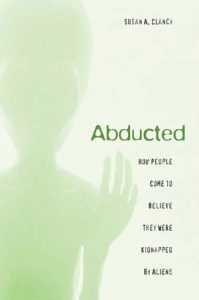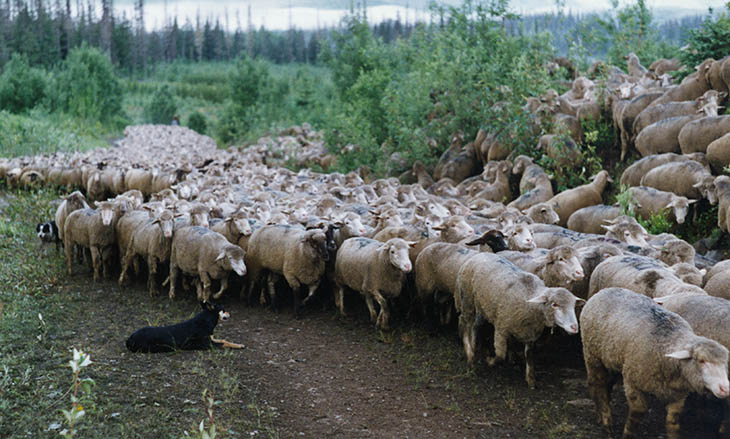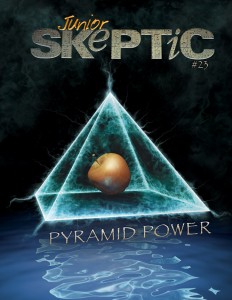This (lightly edited) article was originally published at the defunct Skepticblog.org on May 24, 2011. An archived version is available here.
As most of you will have heard, Christian radio mogul Harold Camping’s predicted “Rapture” came and went on May 21st without so much as a trumpet sounding. This failure of prophecy unfolded to a clamour of Tweets and parties from the nonbelievers’ side of the aisle. There’s something undeniably funny about a confident prediction unfulfilled, and Camping’s prediction couldn’t have been much more confident: “We know without any shadow of a doubt it is going to happen.”
Still, personally, I had a hard time enjoying the circus. It seemed ghoulish to crack wise when so many hopes and dreams — and lives — hung in the balance. Belief, as we skeptics know all too well, cuts across lines. Beliefs unite the clever and the dull, the young and the old, the righteous and the wicked. Camping’s fear-mongering meant good people sold homes, quit jobs, broke up families, or spent the college money on apocalyptic billboards. I worried especially about the kids lying awake that week waiting for the end of the world, just as I worry about the kids suffering artificial, unnecessary terror over 2012. Read more
 Skeptical pioneer Isaac Asimov (a founder of
Skeptical pioneer Isaac Asimov (a founder of 


